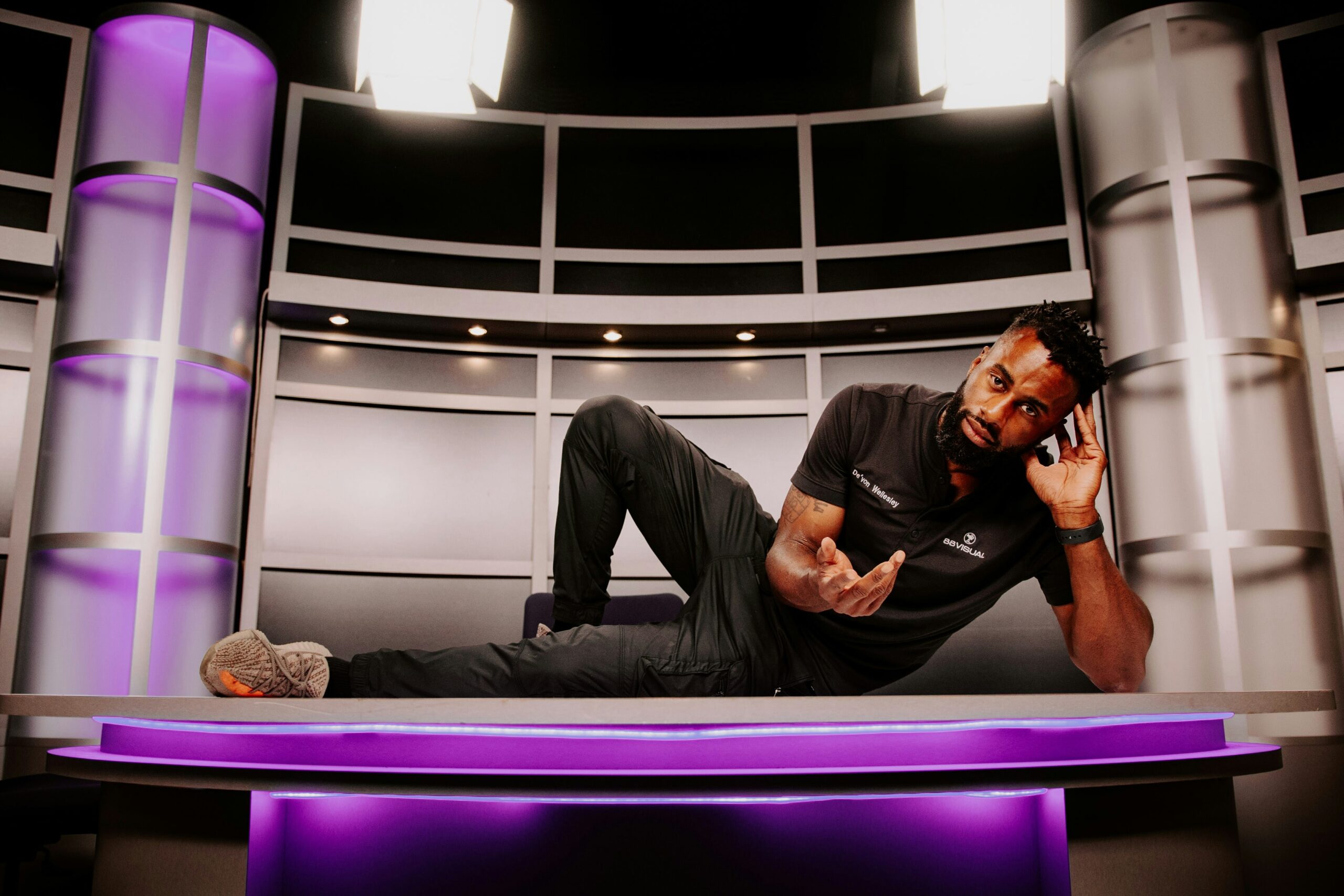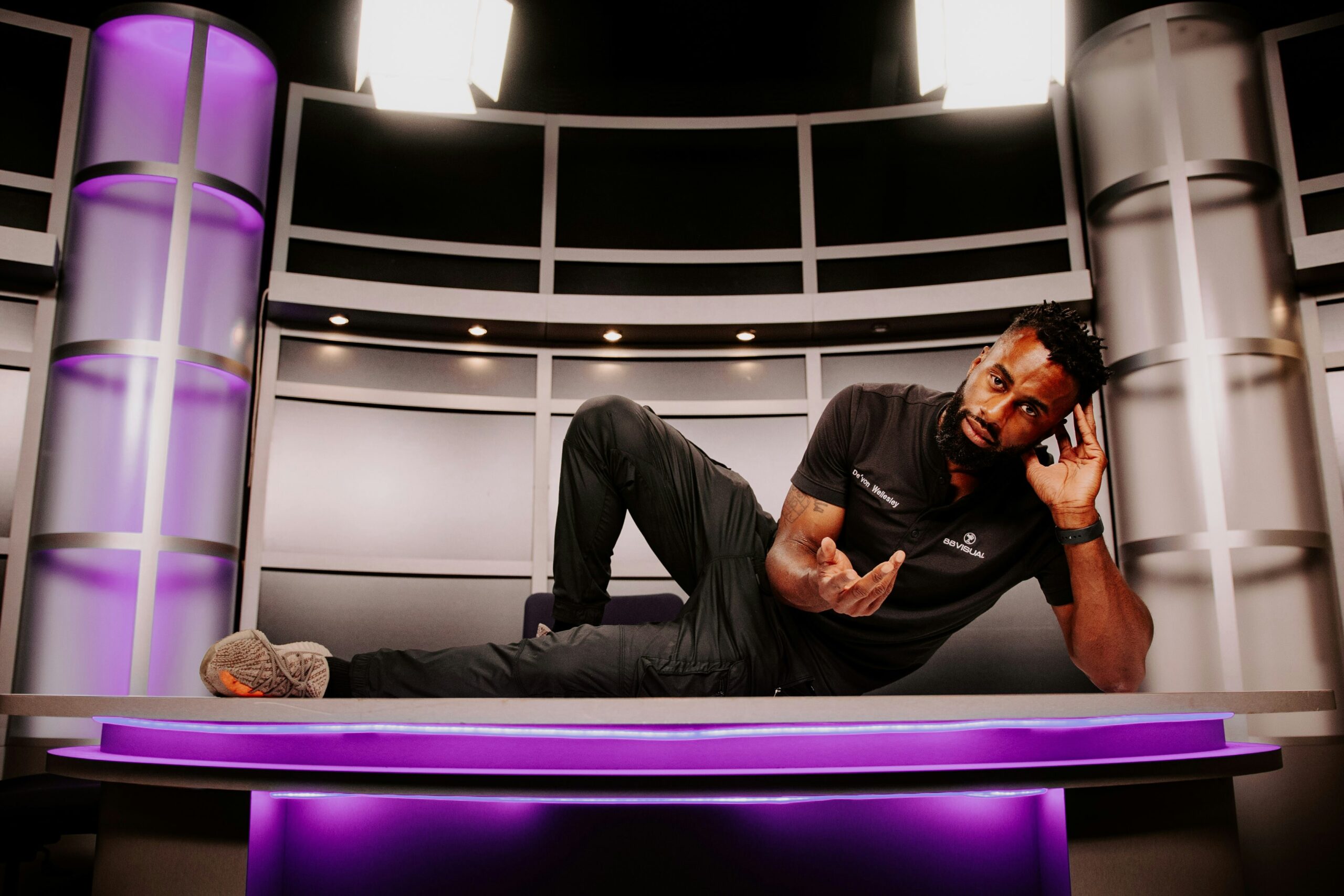
The Journey of a Football Legend
Cristiano Ronaldo dos Santos Aveiro, born on February 5, 1985, in Funchal, Madeira, began his journey in football under modest circumstances. Displaying remarkable talent from a young age, he joined the youth academy of Nacional, and later moved to Sporting Lisbon, where his extraordinary skills captured the attention of scouts from around the world.
In 2003, Ronaldo’s career took a significant turn when he signed with Manchester United at the age of 18. Under the guidance of Sir Alex Ferguson, Ronaldo developed into a formidable player, winning three Premier League titles and a Champions League trophy during his tenure. His electrifying pace, powerful shots, and dribbling ability contributed to the club’s success, marking the beginning of his reputation as one of the world’s best footballers. Notably, he won his first Ballon d’Or in 2008, epitomizing his ascent to footballing stardom.
Ronaldo’s next chapter unfolded at Real Madrid in 2009, where he established numerous records. Over nine seasons, he became the club’s all-time top scorer, netting an astounding 450 goals and securing four Champions League titles. His exceptional performances in La Liga further solidified his legacy, as he won multiple individual awards, including four additional Ballon d’Or titles. Each season, Ronaldo’s ability to deliver in critical moments emphasized his role as a key figure in the team’s successes.
In 2018, Ronaldo made a notable switch to Juventus, where he continued to leave his mark by winning two Serie A titles and contributing to the club’s dominance in Italian football. Following a successful tenure in Italy, he returned to Manchester United in 2021, aiming to add more accolades to his illustrious career. Throughout his journey, Ronaldo’s relentless pursuit of excellence and dedication to the sport have cemented his legacy, influencing countless aspiring athletes and shaping modern football.
Record-Breaking Achievements
Cristiano Ronaldo’s career is a remarkable tapestry woven with numerous records that highlight his exceptional talent and relentless dedication to the sport of football. From his early days at Sporting Lisbon to his record-breaking stints in various leagues, Ronaldo’s goal-scoring ability has consistently set him apart from his contemporaries. He holds the record for the most goals scored in a single season of the UEFA Champions League, netting an astonishing 17 goals in the 2013-2014 season. This remarkable feat is just one example of his prowess on the international stage and is indicative of his influence in the tournament historically.
His scoring records extend beyond the Champions League. As of October 2023, Ronaldo has amassed over 800 career goals, making him one of the highest goal-scorers of all time. His tenure in La Liga with Real Madrid saw him score 450 goals in just 438 matches, an average of more than one goal per game. This unparalleled consistency contributed to his status as the club’s all-time leading scorer. Additionally, his remarkable tally in domestic cups and league matches further solidifies his reputation as a prolific and clutch goal-scorer.
On the international front, Ronaldo’s achievements with the Portugal national team are equally impressive. He is the all-time leading goal-scorer in men’s international football, with over 120 goals, surpassing previous records held by the likes of Ali Daei. His leadership and contributions were pivotal in securing Portugal’s victory in the 2016 UEFA European Championship and the 2019 UEFA Nations League, establishing his legacy as not just an individual talent but a crucial team player.
Ronaldo’s record-breaking achievements testify to his status as one of the greatest footballers of all time. His journey reflects an unwavering commitment to excellence and an enduring impact on the game, embodying the spirit of competition and sportsmanship.
Ronaldo’s Influence on Football and Beyond
Cristiano Ronaldo’s influence extends far beyond the confines of the football pitch, marking him as a pivotal figure in contemporary sports culture. Renowned for his extraordinary dedication and work ethic, he has set a new benchmark for aspiring athletes worldwide. His rigorous training regimen and commitment to excellence resonate with countless individuals, inspiring them to adopt a disciplined approach to their own endeavors—be it in sports, business, or life in general. The relentless pursuit of greatness is a hallmark of Ronaldo’s career, and it serves as a guiding principle for many young players who look up to him as a role model.
Ronaldo’s philanthropic efforts also significantly contribute to his legacy. Through various charitable initiatives, he has provided financial support to children in need and raised awareness for critical health issues. By using his platform to advocate for social causes, he has illustrated that athletes can wield their influence for the greater good. This commitment to giving back not only enhances his reputation but also encourages others in the sporting world to engage in altruistic endeavors, thereby elevating the overall culture of sportsmanship.
The brand Cristiano Ronaldo is synonymous with success and charisma. From his fashion ventures to his personalized CR7 merchandise, he has built an empire that transcends football, solidifying his status as a global icon. His presence in advertisements and media showcases the commercial potential of an athlete, inspiring future generations to explore opportunities beyond their primary sports career. As a mentor, he actively lends guidance to younger players, imparting crucial knowledge and skills. Through his unparalleled dedication and dynamic influence, Ronaldo fosters a sports culture that thrives on hard work, ethical values, and communal support, leaving an indelible mark that will resonate long after his retirement.
The Future Without Ronaldo: What Lies Ahead?
The potential retirement of Cristiano Ronaldo undoubtedly signals a significant transition within the world of football. As one of the most iconic players of all time, Ronaldo has not only set unparalleled records but has also captured the hearts of millions globally. His departure from the sport will create a noticeable void, prompting reflections on who might emerge to take his place and how his absence will alter the landscape of football.
Among the immediate implications of Ronaldo’s retirement is the question of leadership on the pitch. Players like Kylian Mbappé and Erling Haaland, who are already making headlines, may well step into the spotlight. These emerging talents have demonstrated immense skill and potential, indicating that they could carry the torch forward. However, while they possess the capacity to replicate Ronaldo’s on-field prowess, it remains to be seen whether they can emulate the off-field influence he has cultivated over his illustrious career.
Beyond the individual players, it is important to consider the broader cultural and economic impacts of Ronaldo’s retirement. His unique ability to engage with fans has reshaped football’s marketability, leading to increased global viewership and sponsorship deals. The loss of such a magnetizing figure may prompt clubs and leagues to find innovative ways to connect with the audience, ensuring that the energy of the sport remains high. Furthermore, Ronaldo’s contributions to the game may inspire a new generation of players to aspire to greatness, emphasizing hard work, dedication, and sportsmanship.
In conclusion, while the future of football without Cristiano Ronaldo is uncertain, it undoubtedly embodies significant opportunities for growth and evolution. The sport will adapt as it has in the past, yet the legacy of Ronaldo will continuously influence its trajectory for years to come, highlighting the essence and passion that define the beautiful game.
